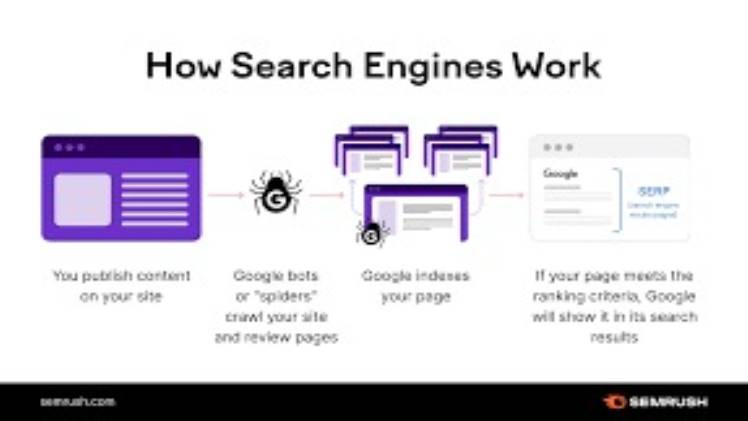What Is Digital Marketing?

Digital Marketing is an approach to marketing that utilizes technology to promote and sell products or services. It involves the use of websites, email, social media platforms, and mobile apps to engage current and potential customers.
Digital marketing primarily consists of three forms: search engine optimization (SEO), content marketing, and social media promotion. SEO works to boost your website’s ranking in search results.
SEO relies heavily on keywords to draw in traffic and boost conversions. Not only that, but SEO can also be used to enhance your online reputation and build a brand.
Many marketers are turning their attention towards content marketing. This strategy involves creating quality content that can be shared on social media platforms and via email.
Content creation for digital marketing includes blog posts, videos and images. Furthermore, your material can be used to entice customers to subscribe to your newsletter or follow you on social media platforms.
Content marketing has become a go-to strategy for both small businesses and major brands alike, offering businesses an affordable way to stand out and get their name in front of potential customers.
Content marketing’s goal is to add value for your audience and keep them coming back for more. To do this, provide valuable information that cannot be found elsewhere – such as how-to guides or step-by-step instructions – which your readers will find invaluable.
Content marketing must incorporate both paid and organic strategies. Paid approaches could include Google AdWords, Facebook ads, or other forms of paid advertising.
One of the benefits of digital marketing is its measurement and tracking capabilities. This enables you to make adjustments in order to optimize results, giving you valuable information for improvement.
Tracking your results with key performance indicators (KPIs) is a great way to gauge the success of your digital marketing strategies. KPIs help you measure key aspects such as engagement rates and campaign budgeting.
KPIs such as total website traffic, conversions and leads can easily be tracked using tools like Google Analytics.
Enhancing the number of people who visit your website is an essential component of any digital marketing strategy. This can be accomplished through SEO, pay-per-click advertising and other methods that drive traffic to your site.
Search engine optimization not only drives more visitors to your website, but it also helps you rank higher in search results. This could result in increased online sales and greater brand recognition for your business.
As the internet grows and develops, so too do its associated digital marketing trends. To stay ahead of all these new business opportunities for your company, it’s essential to stay informed on when they arise so you can be ready when they arise.
It’s easy to get complacent and use the same strategies year after year, but it is essential that you remain up to date on digital marketing trends in order to remain competitive and maximize your returns.
When selecting digital marketing strategies for your business, the most crucial thing to remember is that they should be tailored to meet both your objectives and target market requirements. Doing this will enable you to reach your desired audience effectively and guarantee the success of your campaign.
